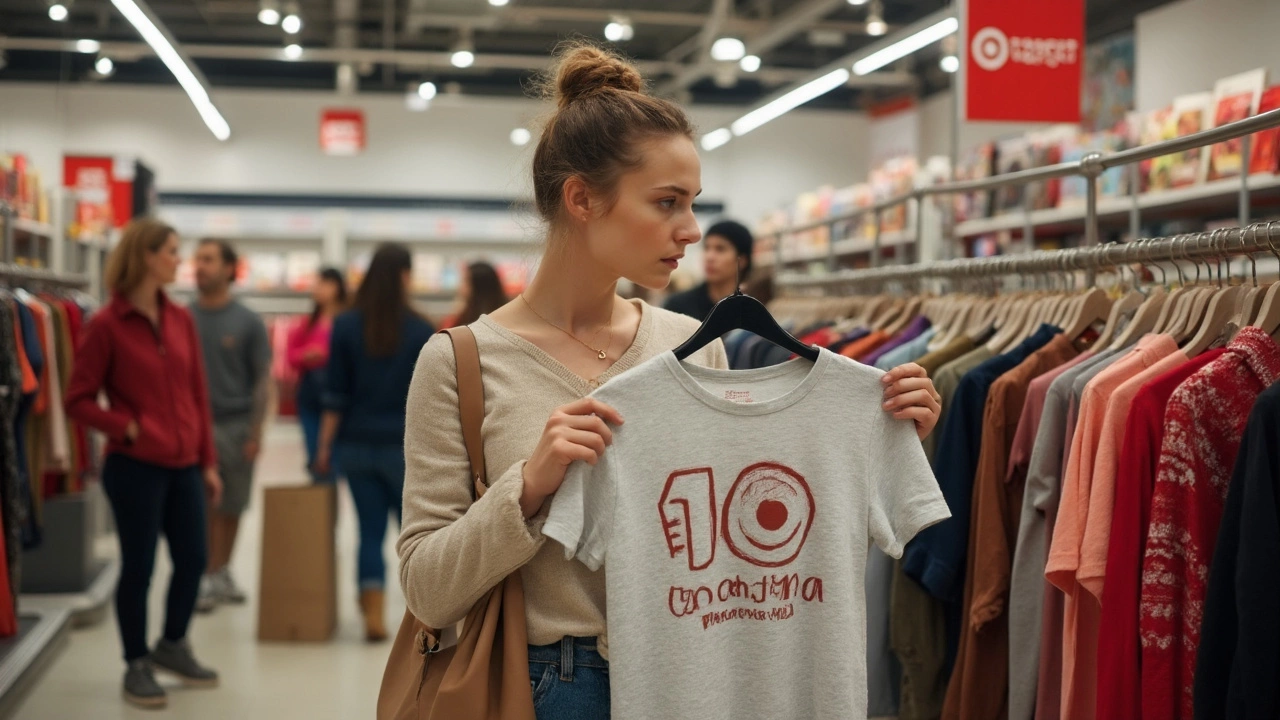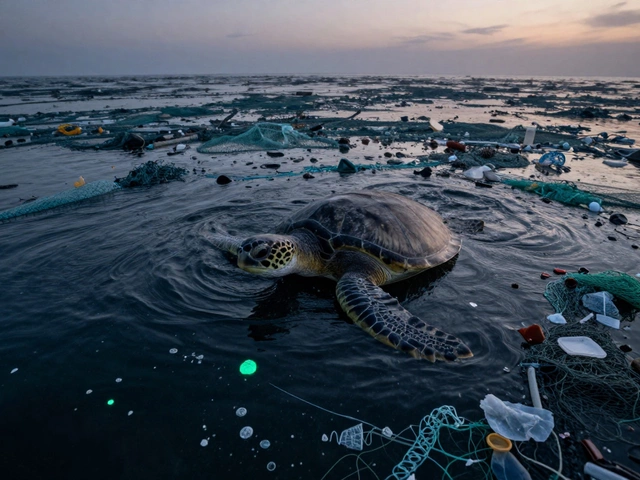Ethical Shopping: What It Really Means and How to Do It Right
When you hear ethical shopping, the practice of choosing products based on social, environmental, and human rights impact rather than price or trend alone. Also known as conscious consumerism, it means asking: Who made this? Under what conditions? And what happens after I’m done with it? This isn’t about perfection. It’s about progress. You don’t need to overhaul your whole life overnight. But you do need to start looking past the label.
Sustainable fashion, clothing made with low environmental impact and fair labor practices is one of the biggest pieces of ethical shopping. But it’s not just organic cotton or recycled polyester. It’s about durability, repairability, and whether workers were paid enough to feed their families. Brands that hide behind buzzwords like "eco-friendly" without showing proof? That’s greenwashing. Real ethical clothing, garments produced with transparency, fair wages, and safe working conditions will tell you exactly where and how they’re made. You’ll see factory names, wage reports, and material sources—not just a leaf icon on a tag.
And it’s not just clothes. Fair trade, a system that guarantees producers in developing countries receive fair prices and decent working conditions applies to coffee, chocolate, tea, even handbags. Buying fair trade isn’t charity—it’s justice. It means the person who picked your coffee beans wasn’t forced to work 16-hour days for pennies. It means the woman who stitched your bag had time to pick up her kids from school.
Most people think ethical shopping costs more. But look closer. A cheap T-shirt that falls apart after three washes? That’s more expensive in the long run. A well-made shirt that lasts five years? That’s smarter. Thrift stores, repair shops, and rental services are all part of ethical shopping too. You don’t need to buy new to be ethical. Sometimes, the most ethical choice is not buying at all.
What you’ll find here aren’t just lists of "best brands" or influencer endorsements. These are real, practical guides—like how to tell if a brand is telling the truth, why Goodwill matters more than you think, and how to build a wardrobe that lasts without spending a fortune. No fluff. No guilt trips. Just clear, usable info that helps you make better choices without needing a degree in supply chains.
Is Target Fast Fashion? Honest Look at Their Clothing & Ethics
Categories
RECENT POSTS
What Is the Most Common Dinner Around the World?
Rice is the most common dinner food worldwide, forming the base of meals across cultures. Learn why it dominates global plates and how to make it healthier with simple swaps and balanced additions.
Why Do People Struggle with Work-Life Balance?
People struggle with work-life balance because of constant connectivity, unrealistic work demands, and the myth that burnout equals dedication. It's not about time management - it's about broken systems and personal boundaries.
What Are the 4 Pillars of a Healthy Lifestyle?
The four pillars of a healthy lifestyle are sleep, nutrition, exercise, and stress management. Together, they create a foundation for lasting energy, focus, and resilience - without diets or extreme routines.
Do Millennials Like Minimalism? The Real Story Behind the Trend
Millennials aren't chasing minimalism for looks-they're chasing peace. Learn why this generation is quietly ditching clutter for space, time, and financial freedom-not because it's trendy, but because it works.
What Is the Most Harmful Product to the Environment?
Single-use plastic is the most harmful product to the environment-not because it's the only polluter, but because it's everywhere, lasts forever, and we've been misled about how to fix it. Learn why it's worse than coal, oil, or fast fashion.





